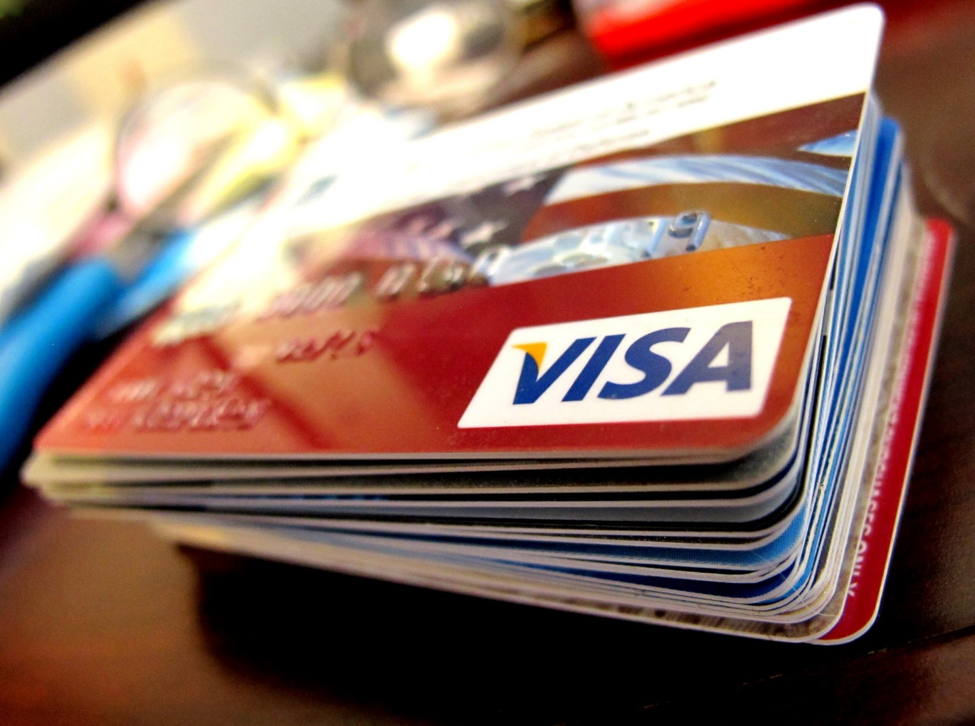It’s important to distinguish between different types of plastic. For starters, there are debit cards and there are credit cards. Debit cards grant you access to all available funds in your account. With a debit card, your safety and security is not assured. For example, if your card goes missing and money is withdrawn from your account, you may not be able to get it all back, if at all. Banks and financial institutions are extremely rigid when it comes to their noninsurance of ‘missing’ or ‘stolen’ funds from debit cards.
Now, let’s look at the other available option– credit cards. This option is the preferred choice in terms of safety and security. Most banks and financial institutions offer clients zero-liability credit cards. This means that if money is stolen and unauthorized use takes place, the client is not responsible for losses. Some companies will limit client liability to just $50 overall. This means that credit cards offer the best consumer protections against fraud on the market. If ever you are in doubt about carrying a debit card or a credit card with you in your wallet, or on your person, opt for the latter.
What about using credit cards online?
Online safety and security is one of the most pressing concerns today. Cyber criminals have developed sophisticated systems to fraudulently obtain sensitive personal information and financial information from clients. When shopping online, transferring money, or simply storing financial information, always use a credit card. The protection mechanisms built into modern-day credit cards are geared towards safeguarding the customer.
But this doesn’t discount the need for remaining vigilant with online transactions. Whenever you browse the web and enter personal information, ensure that there is an S at the end of the HTTP address. The S is an indication of a secure website, although it is not ironclad. When browsing the Internet, your goal is to beef up your security as much is possible by taking all reasonable steps.
There are many other ways that you can use your credit card safely. For starters, never give out your credit card number to random people, and don’t store it in a way that is easily accessible to anyone else. If you don’t regularly use your credit card, store it in your closet, or in a safe. File away all credit card statements, and don’t leave them laying around on your ‘desk top’, or your desktop.
In fact, you’re better off switching from paper statements to online statements to enhance your credit card safety. If your credit card number is requested over the phone, ensure that you know exactly who you’re talking to. Avoid responding to nebulous emails requesting your credit card information. Mark them as spam, and report them accordingly. Whenever you are online, always use a credit card over a debit card – at least that way you can get the money back if fraud takes place.
Secure Internet networks and all devices
Its been said before, but it’s certainly worth saying again: Safety and security are paramount. All computers, smartphones, tablets, and phablets should be protected with sophisticated antivirus software and kept current. It’s important to turn on the firewall on your device, and ensure password encryption at all times. Good credit card safety habits go hand-in-hand with responsible online browsing. If your PC or Mac requires and updates to be installed, don’t delay because these updates typically contain security enhancements necessary to guard against the latest threats.
Malicious code, spyware, malware and viruses are pervasive, and your Internet security protocols must guard protect you from these threats. Perhaps the most effective way to maintain the safety and security of your credit cards is to ensure that you know exactly how your cards are being used. In this vein, check your credit card account statements as regularly as possible. Report any suspicious activity ASAP, and use a credit-monitoring service if required. These tips will certainly help secure your credit cards against fraudulent activity.







